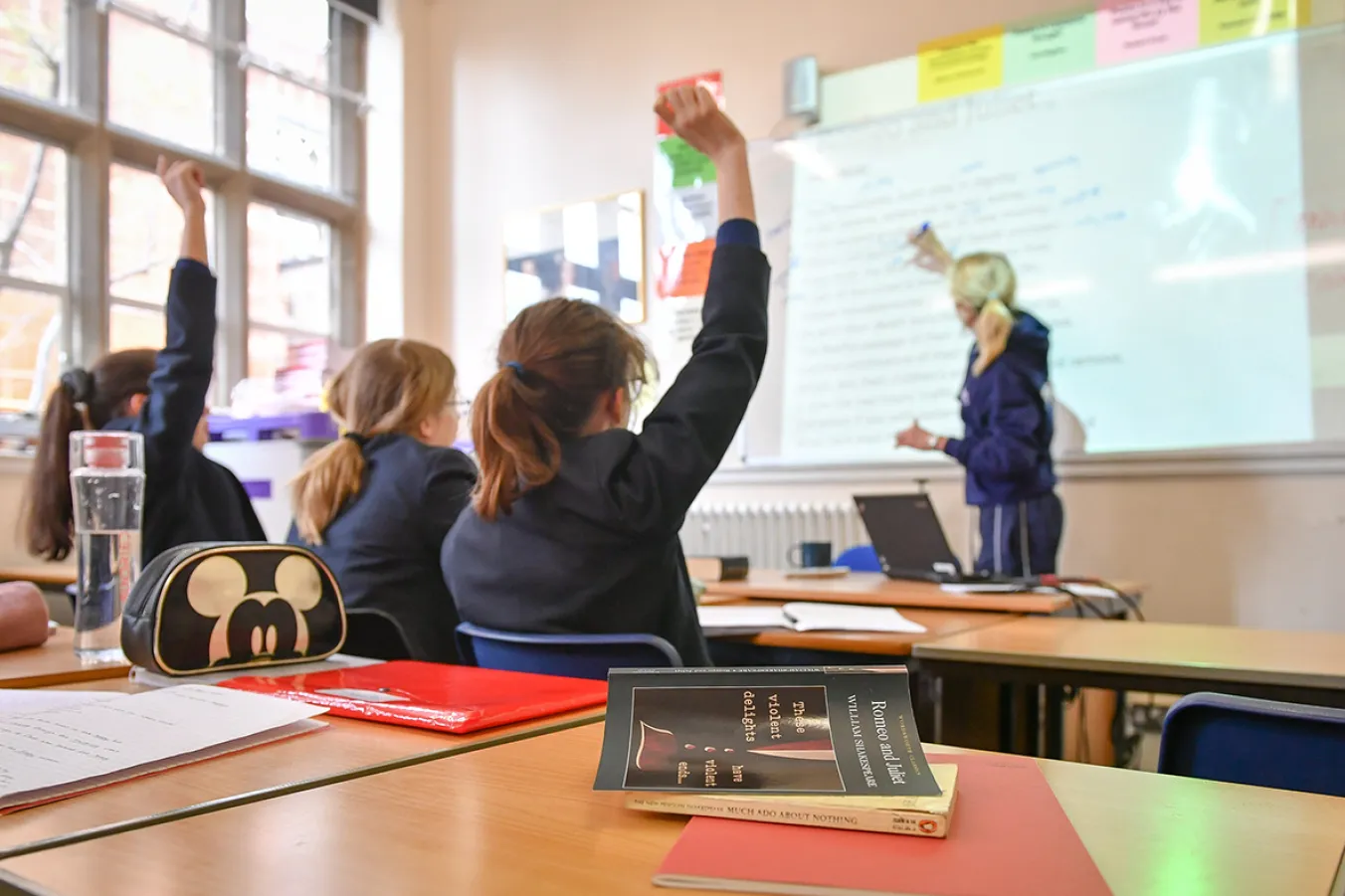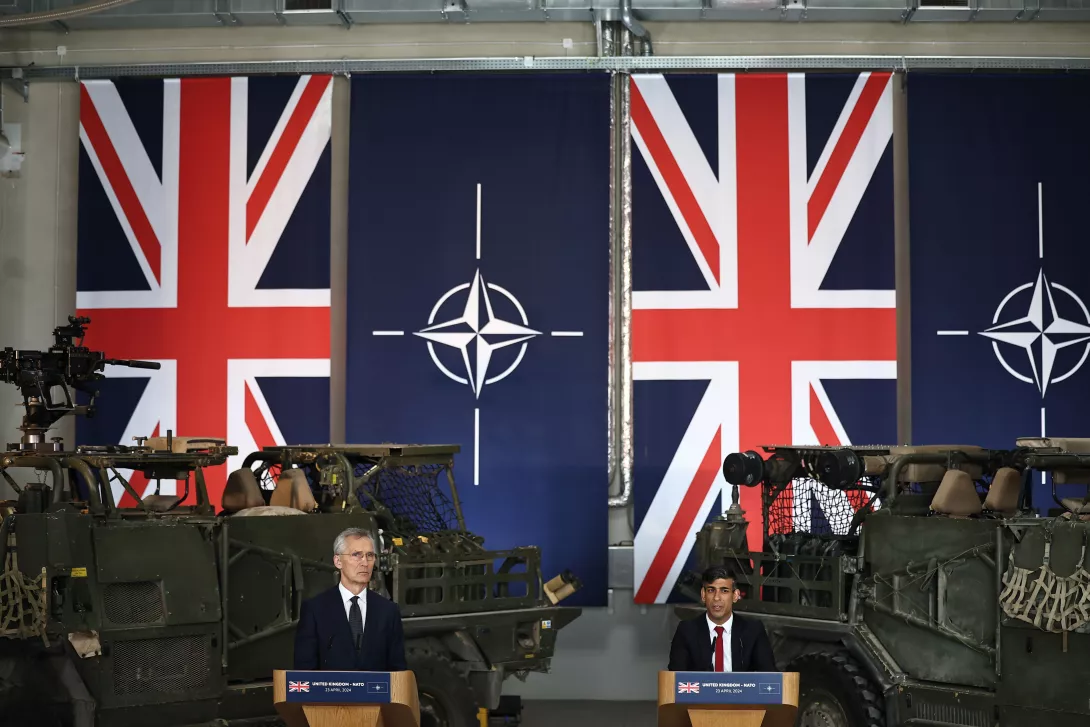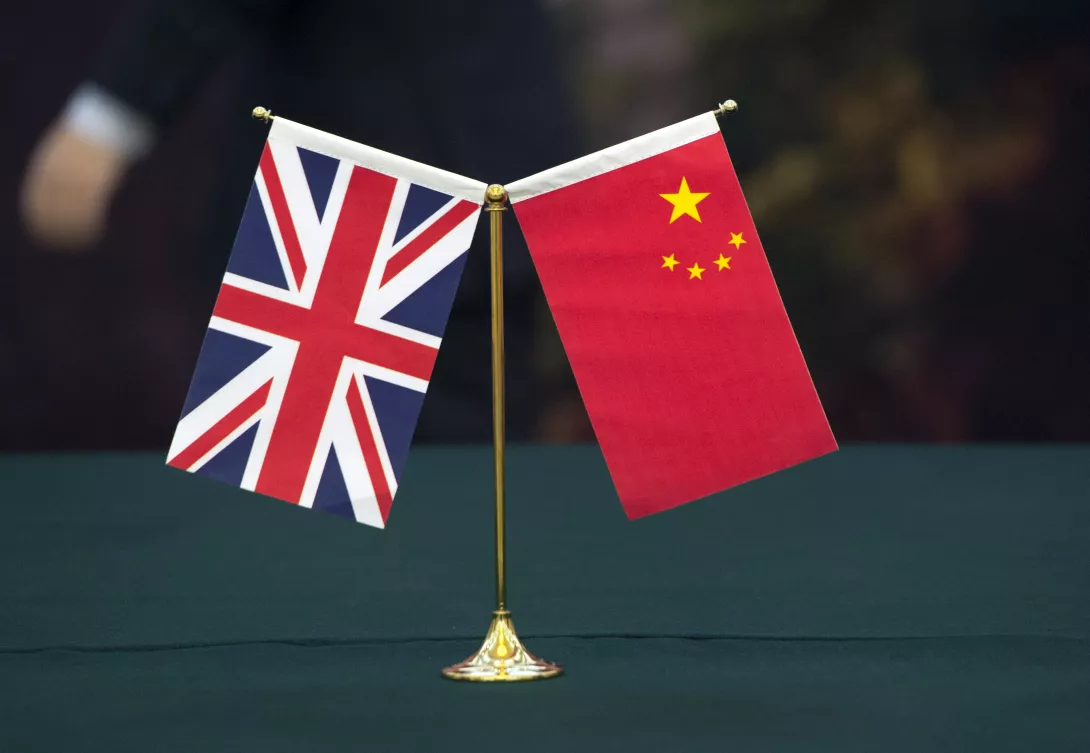The proxy war in Ukraine is heading to a denouement with the US and Russia dividing the spoils while the European powers stand bewildered by events they have been wilfully blind to, says KEVIN OVENDEN
Arms firms skew Britain’s China policy through the Aukus pact
Foreign Office documents reveal ministers’ cosy relationship with weapons manufacturers, as they eagerly seek industry input on a confrontational strategy in the Indo-Pacific region, reports SOLOMON HUGHES

IF YOU want an illustration of how the arms industry helps push Britain’s foreign policy towards confrontation, you could look at some documents I got from the Foreign Office about the Aukus pact.
They show that Foreign Office ministers are really keen on hanging out with bomb- and missile-makers and asking them what they need from our foreign policy.
Aukus is a very big deal in political circles which gets much less press than it deserves. Aukus is the Australian-UK-US deal signed in 2021 to increase military spending by the three nations to “deter” China from getting too big for its boots.
More from this author

SOLOMON HUGHES probes the finances of a phoney ‘charity’ pushing the free schools and academies agenda

What’s behind the sudden wave of centrist ‘understanding’ about the real nature of Starmerism and its deep unpopularity? SOLOMON HUGHES reckons he knows the reasons for this apparent epiphany

They’re the problem it’s them: SOLOMON HUGHES on the freeloading flunkies of the Labour Party hoovering up VIP tickets to musical and sporting events

SOLOMON HUGHES examines how Labour has gone from blaming Tory deregulation for our economic woes to betting the nation's future on more of it
Similar stories

In the second of his three-part series on how the new Labour government’s foreign policy is likely to shape up, KENNY COYLE examines David Lammy’s writings on Asia and the Indo-Pacific region – where the risk of military flashpoints is high

As the election rapidly approaches STEVE BISHOP highlights the need for a progressive foreign policy

The US-steered Aukus military alliance is cranking up hostilities by inviting Japan into the anti-China pact, writes FIONA EDWARDS of the No Cold War campaign











